Mozambique: Government ‘very concerned’ over wave of police officer killings – minister
Mozambique targets universal access to drinking water by 2029
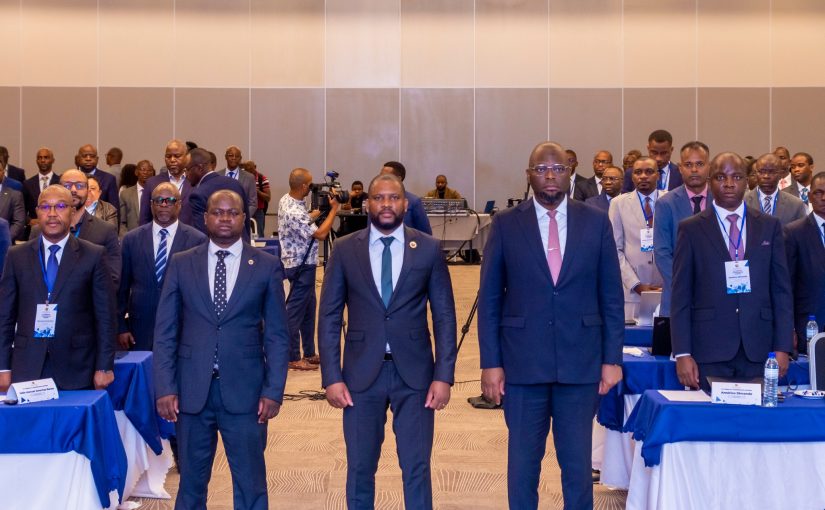
All photos: Ministério das Obras Públicas, Habitação e Recursos Hídricos-MOPHRH
The Mozambican Minister of Public Works on Thursday called for “rapid and effective responses” to accelerate universal access to drinking water in the country by 2029, urging a reduction in supply disparities between urban and rural areas.
“Water and sanitation are the most visible and most demanded services by citizens. Here we are called upon to provide rapid and effective responses for the universalisation of water supply and sanitation services. Our vision is clear: to move forward, step by step, towards universal access, giving priority to rural and urban areas and the most vulnerable groups, and to reduce disparities in the provision of public water supply services,” said Fernando Rafael.
The Minister of Public Works, Housing and Water Resources was speaking yesterday in Maputo at the opening of the 11th Coordinating Council of this Ministry, which runs until this Friday.
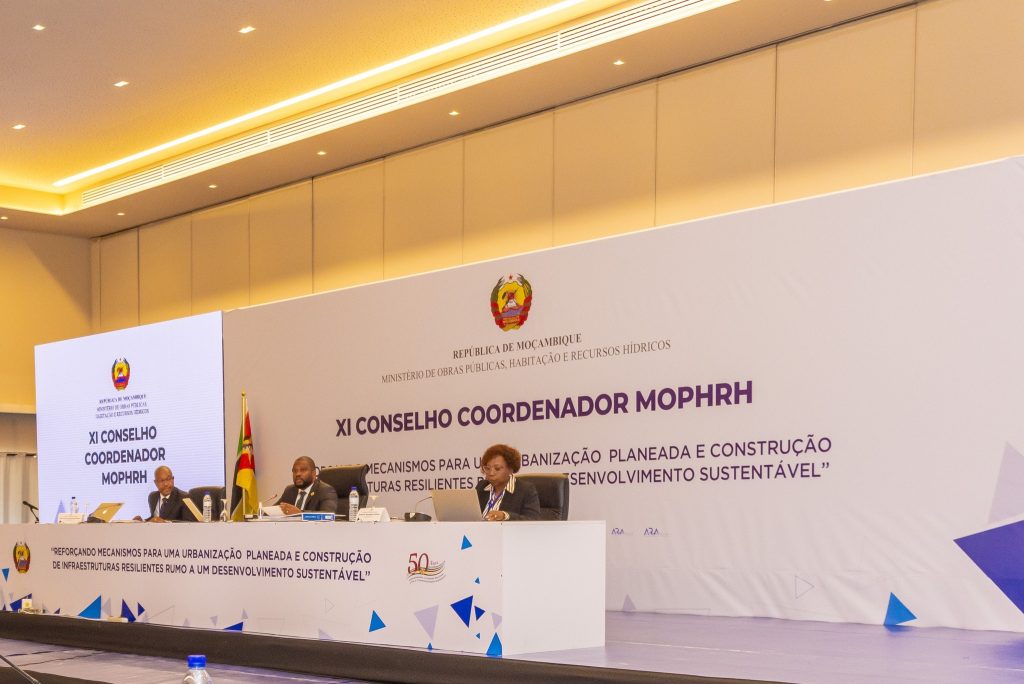
Minister Rafael recalled that the Government aims to universalise access to drinking water by 2029 and has already included in the Five-Year Plan the construction of 154 water supply systems throughout the country.
Data provided by the Minister indicate that the Government will also establish, by 2029, 133,000 new household connections in cities, towns and rural areas; and build and rehabilitate a total of three water treatment plants — two for wastewater in the cities of Beira and Quelimane, and another for faecal sludge in Tete, all in central Mozambique.
The plan also includes the rehabilitation of the drainage and coastal protection system in the city of Beira and the installation of more than 6,000 sewer connections and 680 toilets in public, school and hospital facilities, according to the Minister.
“The combination of these actions will expand access to drinking water, with a view to increasing national water supply coverage from the current 62% to 68% by 2029, benefiting more than five million people, and sanitation coverage from 37% to 47.7% by the end of this five-year period, additionally benefiting 5.6 million people nationwide,” said Fernando Rafael.
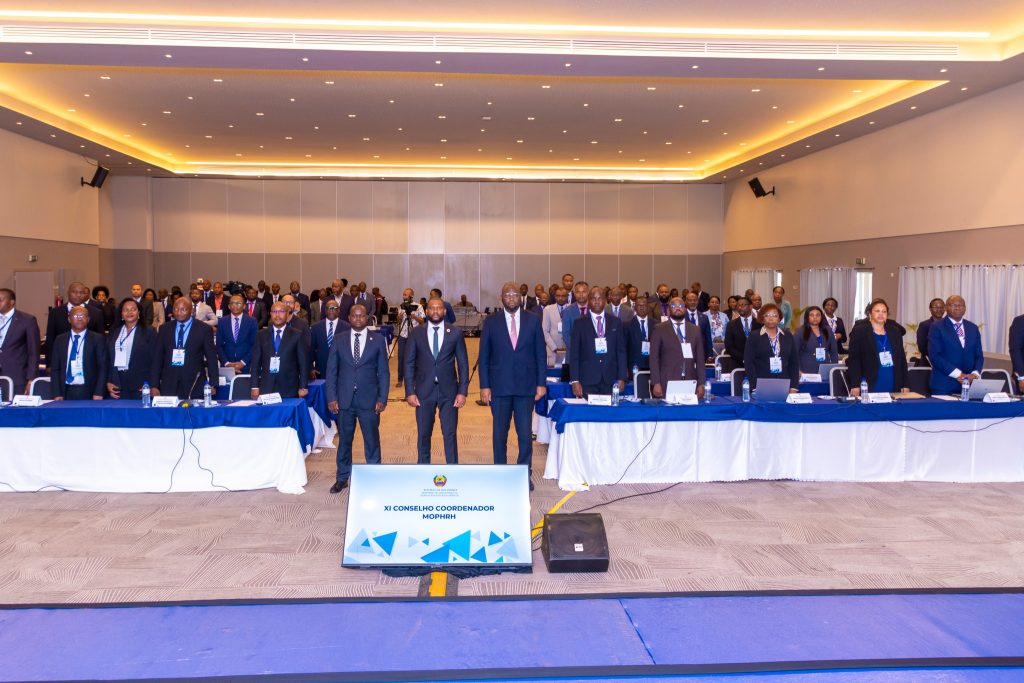
“Our mission is clear: to guarantee water in quantity and quality for all, putting this resource at the service of life, the economy and the environment, transforming every drop into an engine of development and hope for Mozambicans,” added the Minister.
In August last year, the then President of Mozambique, Filipe Nyusi, stated that 63.6% of the population already had access to drinking water at that time and that there was a need to strengthen this through the construction of more dams, especially in the north of the country.
“At the beginning of my term of office in 2015, access to drinking water stood at 51%, supplying 12.6 million people, when we Mozambicans numbered 20 million. (…) With the implementation of several programmes, notably Água para Vida (Water for Life), the level of coverage has increased to 63.6%, benefiting around 20 million people in 2024,” said Nyusi at that time during the inauguration of the water supply system in Pemba, in the province of Cabo Delgado, northern Mozambique.


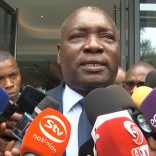

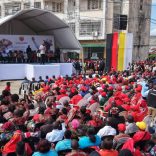
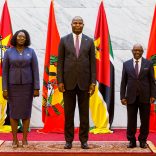
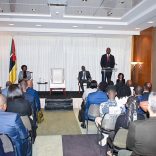





Leave a Reply
Be the First to Comment!
You must be logged in to post a comment.
You must be logged in to post a comment.